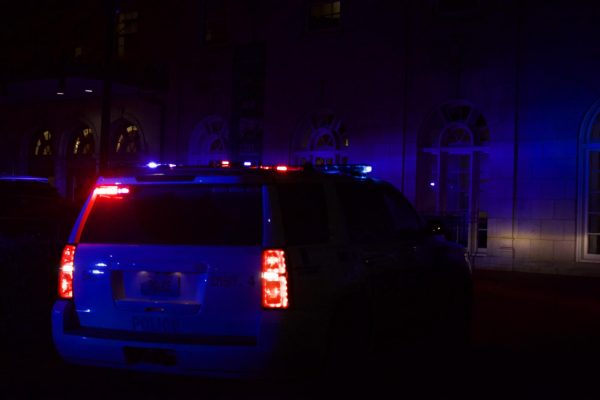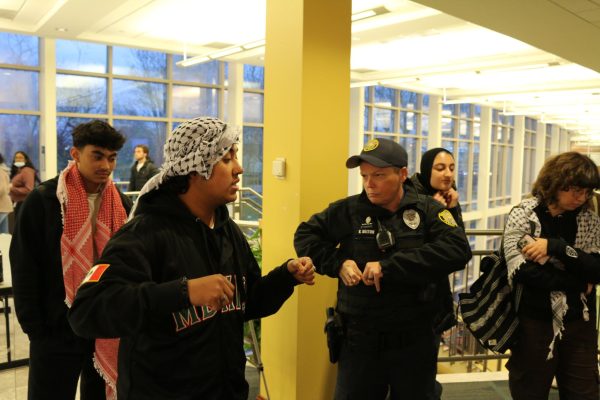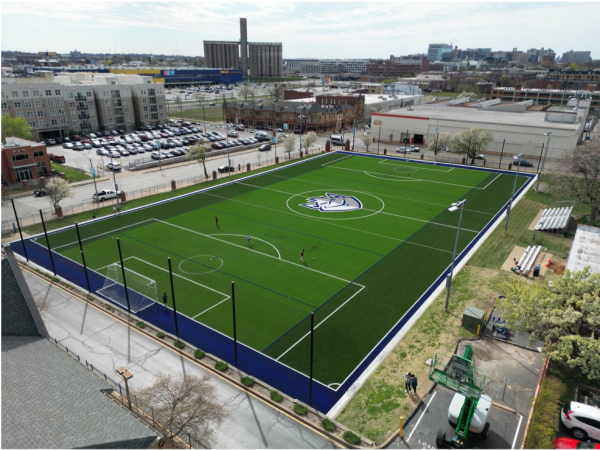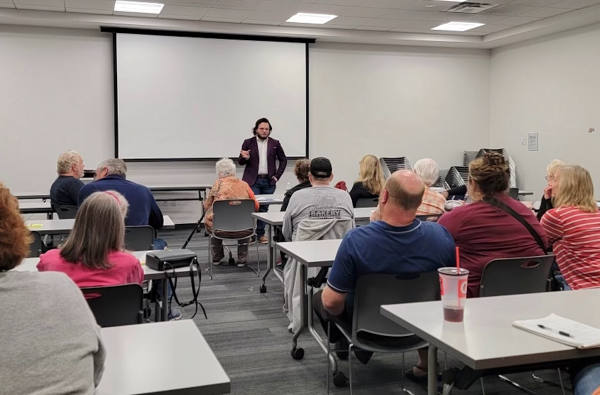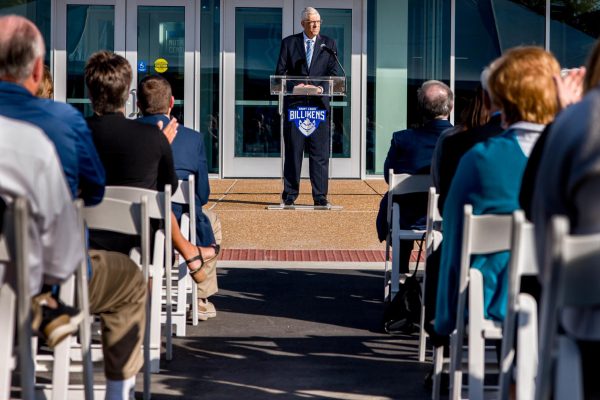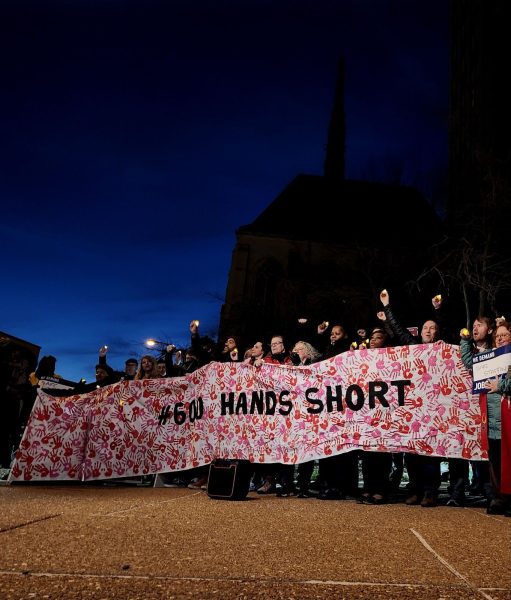SLU Course Creates Pandemic Time Capsule
As the SLU community finishes up the spring semester and looks ahead to fall, emotions are mixed. Some hold a sense of optimism and hope about things to come, including graduation and the possibility of a more normal semester next year.
But the moment is bittersweet, especially in light of the immense amount of suffering and loss that many in the SLU community have experienced and continue to experience. As we look ahead, questions remain about how we process this grief and move forward without forgetting or disregarding what many have gone through.
In the last edition, The University News highlighted a number of SLU courses which offered insights into how students can better understand and navigate the pandemic. Continuing with this theme, professor Vincent Casaregola, Ph.D., is now teaching a unique class on how loss and grief are processed during times of disease.
In this class, entitled “Medicine and Literature,” Casaregola and his students have examined the history of pandemics and the literature and arts that respond to loss, grief and loneliness. The emphasis, however, is on how poets, visual artists, memoir writers and composers have moved through this grieving process to a “vision of hope and continuance beyond the loss.”
One of the most exciting parts of the class is that for the final project, each student is working on a project which will be donated to the Saint Louis University Archives for future students and scholars to learn from. These projects consist of a multimodal collection of sources, ranging from scientific literature to journalism and art, that can help future generations understand the COVID-19 pandemic and how it felt to live through it. Casaregola sees these projects as “a kind of time capsule for the future.” Casaregola added that a common practice in the course is studying how “we come to terms with loss and move through it to continue living a productive and fulfilling life while never forgetting those we have lost or what has been suffered,” he said.
To this end, the class looks at a range of material culture, from literature and film, to scientific research and journalism, and how they are all in some way related to disease, loss, loneliness and isolation.
Casaregola also noted the inspiration he took from the early history of the Jesuit order: “The Jesuit educational tradition emerged from times of conflict and uncertainty, and also times of plague and suffering, and yet the first members of that company decided to join together and carry their mission throughout that troubled world to bring healing and hope to others. In that tradition, we are seeking to move through the darkness to the light. ”
The class was originally planned for the fall of 2019 and the winter of 2020. Casaregola’s original plan was for a more traditional class, but when the COVID-19 pandemic hit, he decided to radically alter the program and structure of the class, making it much more experiential and experimental: “In a sense, we have been inventing the course as we draw on the lived experience of the pandemic time and have shaped our understanding by studying the history of pandemics and the artistic representation of them in many different art forms.”
The university archives have been excited about the idea of donating the final projects as testament for future generations of scholars and students to learn from, and it will be implemented at the end of this semester.
Your donation will support the student journalists of Saint Louis University. Your contribution will help us cover our annual website hosting costs.


